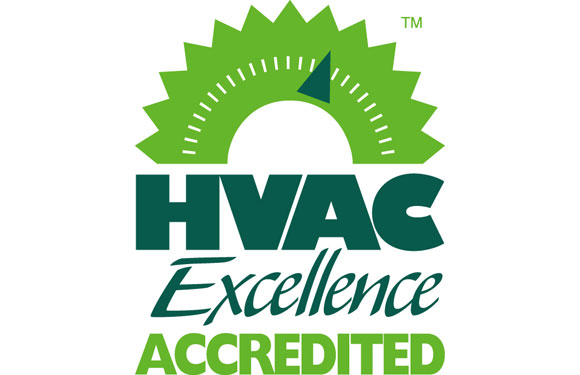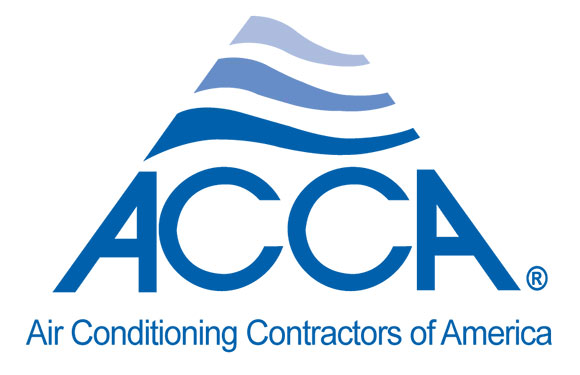
News
Emotional Intelligence Requirements for Technician and Dispatcher Positions in the HVAC Industry
Contributed by Debbie Muno, The EI Academy
Welcome to the fourth installment of Emotional Intelligence in the HVAC industry. We’ve been talking about what Emotional Intelligence is (making intelligent responses to negative feelings and using specific skills to generate positive emotions in yourself, and others) along with the fact that our emotions are an integral part of being human, and so it’s impossible to “check them at the door” when we get to work. In our last installment, we discussed the global increase in importance and demand for Emotional Intelligence skills in all jobs, including HVAC.

In a review of dispatcher and technician positions, the following “soft skills” duties, responsibilities and requirements emerged:
HVAC Technician
- Perform consultations with customers;
- Determine customer needs and discuss all solution methods, possibly including system replacement;
- Promote ongoing maintenance contracts to current customers;
- Strong verbal communication skills, ability to explain complex HVAC issues with customers in a way they understand;
- Critical-thinker, problem-solver;
- Must be punctual and adhere to a daily schedule with multiple appointments in different locations.
Dispatcher
- Ability to receive and record information for all emergency and non-emergency calls;
- Remain calm during stressful situations;
- Excellent communication skills;
- Decisiveness, willingness to address problems and make requests by communicating with the necessary parties or providing solutions;
- Solid multitasking skills and ability to prioritize calls according to urgency;
- Intentional, active listener;
- Strong character, sound judgement, a level head, and critical thinking;
- Ability to work under pressure.
All of the above requirements have a direct connection to Emotional Intelligence.
Below are the seven Emotional Intelligence Competencies that can be measured in candidates and why they are critical to the workplace:
- Emotional Self-Awareness – Perceiving and understanding one’s own emotions. Outcomes: The capacity to identify and understand the impact one’s own feelings have on thoughts, decisions, behavior and performance at work.
- Emotional Awareness of Others – Perceiving and understanding others’ emotions. Outcomes: Greater understanding of others, how to engage, respond, motivate and connect with them.
- Emotional Expression -The skill of expressing one’s own emotions effectively. Outcomes: Creating greater understanding among colleagues, as well as trust and perceptions of genuineness.
- Emotional Reasoning – The skill of utilizing emotional information in decision-making. Outcomes: Enhanced decision-making where more information is considered in the process, greater buy-in from others into decisions that are made.
- Emotional Self-Management – The skill of effectively managing one’s own emotions. Outcomes: Improved job satisfaction, engagement and ability to cope with high work demands. Greater interpersonal effectiveness. Enhanced productivity and work performance as well as emotional well-being.
- Emotional Management of Others – The skill of influencing the moods and emotions of others. Outcomes: The capacity to generate greater productivity and performance from others as well as creating a positive and satisfying work environment for others. The capacity to effectively handle workplace conflict.
- Emotional Self-Control – The skill of effectively controlling strong emotions. Outcomes: The capacity to think clearly in stressful situations and effectively deal with situations that cause strong emotions.
As you read these definitions and outcomes, it becomes clear why “soft skills” are so critical to business success, and clear that these competencies are already being required in the job descriptions of these two positions.
In considering your best technicians and dispatchers, it’s likely that they are your best because of the way they treat their colleagues and customers, engage and lead others, and the way they conduct themselves.
These are likely the employees who are most requested for repeat servicing, who have the strongest customer service relationships and evaluations, who have strong sales, who create positive work environments and are the kinds of leaders that everyone wants to work for.
It’s also highly likely that these employees do some, or all of the following:
- Are very aware of their behavior and how it impacts others;
- Can understand and view things from others’ perspectives;
- Are trustworthy;
- Make decisions that include not only facts and figures, but also how people might feel about the decision;
- Respond to situations, rather than emotionally react;
- Create positive environments and interactions with others;
- Can maintain a sense of calm in very emotionally charged situations.
Employees who embody the above capabilities have strong work performance, increased engagement, are great teammates, are resilient and have less workplace stress. Studies show that people who score higher on the Genos Emotional Intelligence Selection Assessment have better workplace performance, increased engagement, stronger sales and customer service, are more resilient, are strong collaborators and effective leaders.
How would your organization or department change if more employees, technicians and dispatchers especially, embodied the above characteristics? Does that create shifts in productivity? Efficiency? Profitability? Culture? Retention?
In this article, we’ve asked you to consider these points from your business and management perspective. In our next installment, we’ll discuss this from the employee’s perspective, and how that perspective impacts your culture and organizational environment, and ultimately the overall business.
You can measure Emotional Intelligence in the hiring process. To learn more, contact us at 813.792.5000 or visit our website at www.TheEIAcademy.com.
About the Author
Debbie Muno and Jeff Summers lead The EI Academy, an organization dedicated to helping people understand how to work with others productively – how to make others feel valued and appreciated – how to create positive, collaborative environments and how to connect with others. The EI Academy is affiliated with Genos International, a leading emotional intelligence assessment and solutions provider. Visit theieacademy.com, email info@theieacademy.com or call 813.792.5000 for more information.
















